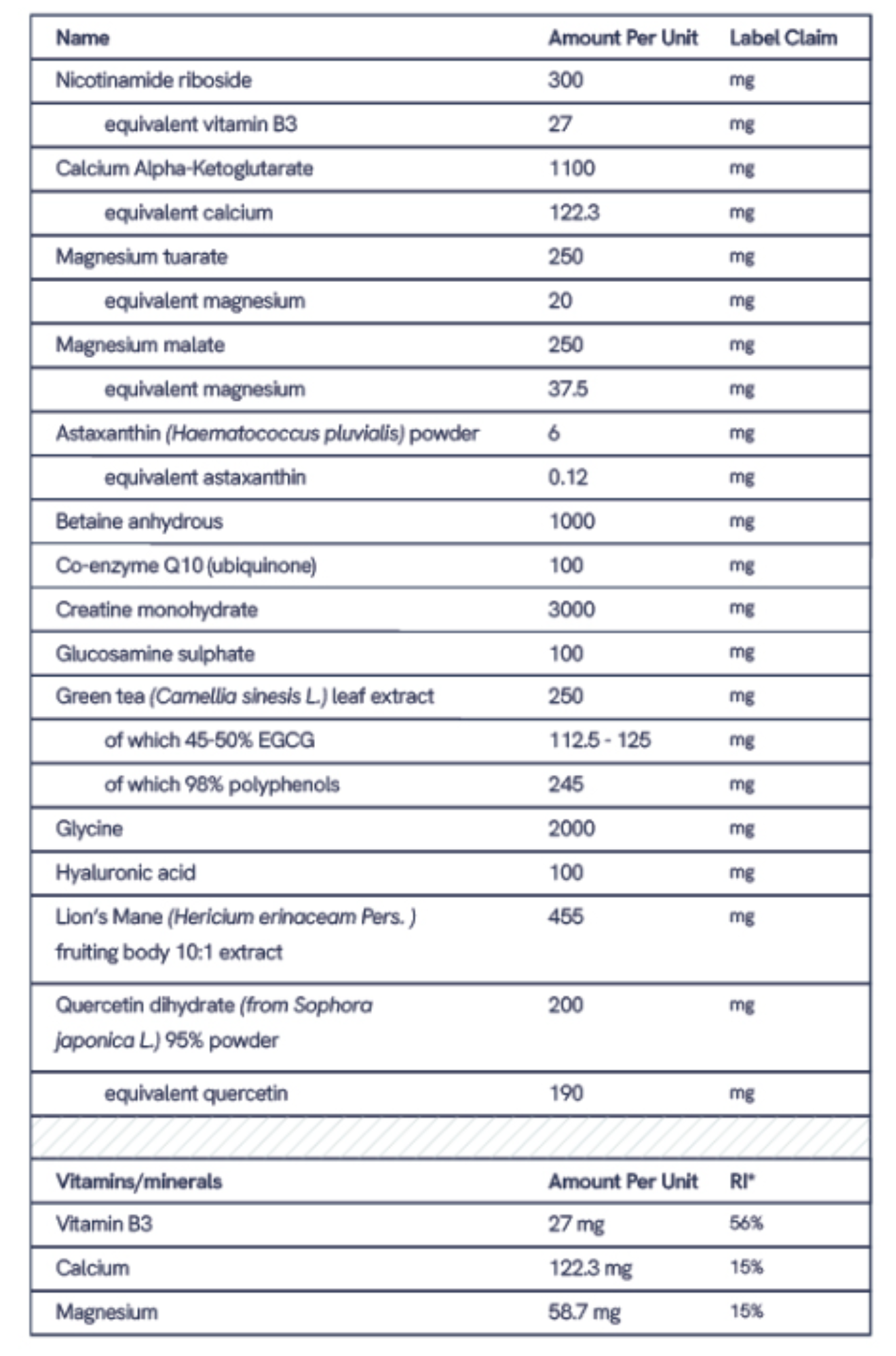Imagine hosting a lively neighborhood where everyone has a role. Some grow food, some keep the streets clean, others protect against troublemakers. But if the balance shifts, too many vandals, too few helpers, the whole community suffers.
That’s exactly what happens in your gut when the delicate ecosystem of microbes falls out of balance. This state is called dysbiosis, and it’s increasingly recognized as a hallmark of aging.
Why the Gut Microbiome Matters
Your intestines are home to trillions of microbes: bacteria, fungi, and other tiny organisms. Far from being freeloaders, they:
-
Help digest food and extract nutrients
-
Produce vitamins and beneficial compounds
-
Train and regulate your immune system
-
Communicate directly with your brain through the gut-brain axis
When the microbiome is diverse and balanced, it acts like a thriving, resilient community. But with age, influenced by diet, medications, stress, and lifestyle, diversity often declines. Harmful microbes may overgrow, while beneficial ones fade away.
How Dysbiosis Shows Up in Daily Life
You might notice bloating, irregular digestion, or changes in appetite. But dysbiosis isn’t just about the gut. It can influence mood, energy, and immunity. Studies link age-related microbial imbalance to chronic inflammation, metabolic issues, cognitive decline, and even frailty.
In other words, your gut doesn’t just digest food, it shapes how you age.
The Hopeful Truth: Your Microbiome Responds Quickly
Unlike your DNA, your microbiome is highly flexible. It changes day to day depending on what you eat, how you live, and even who you spend time with. That means you have enormous power to influence it.
Everyday Practices That Nurture Gut Balance
Eat more plants. Fiber is the favorite food of beneficial microbes. Vegetables, fruits, legumes, nuts, seeds, and whole grains act as fertilizer for the “good guys.”
Diversify your plate. Different microbes thrive on different foods. Variety ensures a richer, more resilient microbiome.
Stay active. Movement improves gut motility and encourages a healthier microbial mix.
Sleep well. Poor sleep disrupts the gut-brain connection and fosters imbalance.
Manage stress. Chronic stress alters gut function and microbiome composition. Relaxation practices restore balance.
Stay socially connected. Believe it or not, even your social life matters. People in strong communities tend to share healthier, more diverse microbes.
Common Questions About Dysbiosis
“Is it normal for the microbiome to change with age?”
Yes, but lifestyle strongly influences whether those changes are harmful or healthy. Older adults with diverse diets and active lives often maintain youthful microbial profiles.
“Can gut health affect mood and memory?”
Absolutely. Through the gut-brain axis, microbes produce compounds that influence neurotransmitters like serotonin and dopamine. A healthy gut supports a clearer, more resilient mind.
“How fast can the microbiome improve?”
Surprisingly fast. Within days of dietary changes, microbial shifts occur. Longer-term habits, however, determine lasting balance.
Your Takeaway
Dysbiosis is like losing harmony in your body’s hidden community. When the balance tips, the whole system suffers. But because your microbiome responds so quickly, every meal and every habit is a chance to restore resilience.
Think of your gut as a garden. Feed it variety, care for it daily, and protect it from unnecessary harm. In return, it will nurture not just your digestion but your energy, immunity, and even your mental sharpness well into older age.
This information is for educational purposes and does not replace medical advice. Always consult a healthcare provider for personalized insights and guidance.

